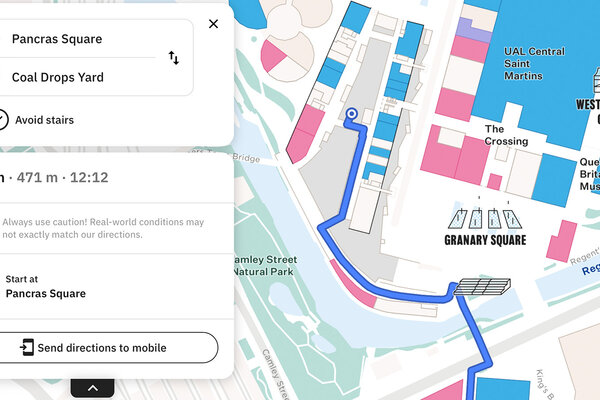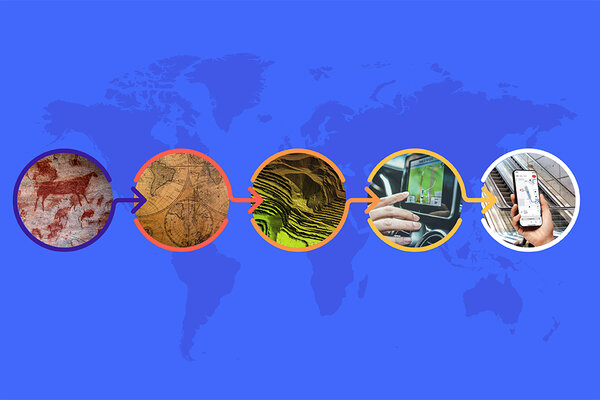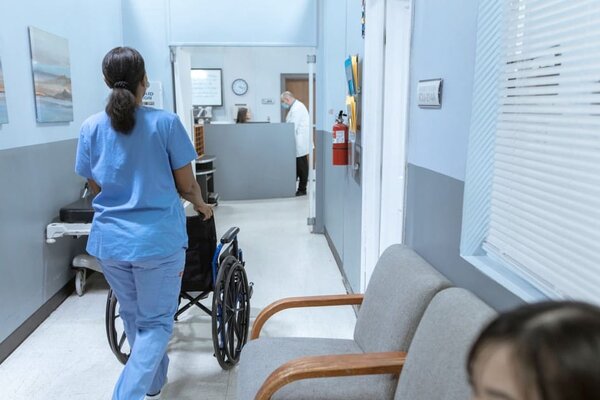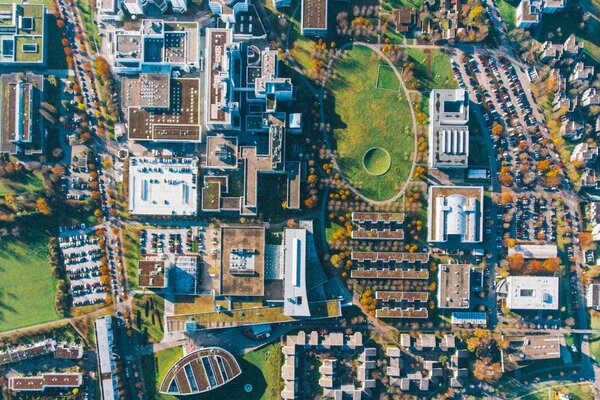Author: Sarah Wightwick

Navigating Inclusivity: The Role of Digital Wayfinding in Universities
In today’s diverse and dynamic university landscape, fostering inclusivity is a key priority for universities worldwide. Creating an environment where all students, faculty, and visitors feel welcome and supported is essential for academic success and overall well-being. One often-overlooked aspect of inclusivity is wayfinding, the process of navigating physical spaces. Traditional signage and maps can present barriers for individuals with disabilities or those simply unfamiliar with the campus layout. However, with the advent of digital wayfinding technology, universities have a powerful tool at their disposal to enhance inclusivity and improve the overall campus experience.

Enhancing Accessibility with Living Map's Digital Wayfinding Platform
Navigating the world should be effortless for everyone, irrespective of their abilities. However, the reality often falls short of this ideal. In today’s society, ensuring accessibility is not just a goal; it's a necessity. At Living Map, we recognise the urgency of addressing these challenges and are committed to providing solutions that enhance accessibility and inclusivity for all.

Navigating Towards Sustainability: Green Practices in Digital Wayfinding
In an era where environmental consciousness is paramount, industries are increasingly embracing sustainable practices to reduce their ecological footprint. One such sector making strides in sustainability is digital wayfinding, where innovative technologies are transforming navigation while minimising environmental impact.

Exploring the Evolution of Maps: Navigating the journey through time
As market experts in mapping, Living Map takes the reins to explore the captivating journey of map evolution. With a rich history spanning thousands of years, maps have played a pivotal role in shaping human navigation and exploration. In this blog, we delve into the evolution of maps, tracing their transformative path through the ages.

Reflecting on an inspiring webinar: Empowering healthcare through digital wayfinding with Living Map
Transform your healthcare navigation with Living Mao's digital wayfinding solution. Recap the key highlights of our successful webinar on empowering healthcare through digital wayfinding. Discover how Living Map's innovative solution revolutionises the healthcare landscape, improves patient care, and reduces wayfinding-related queries.

